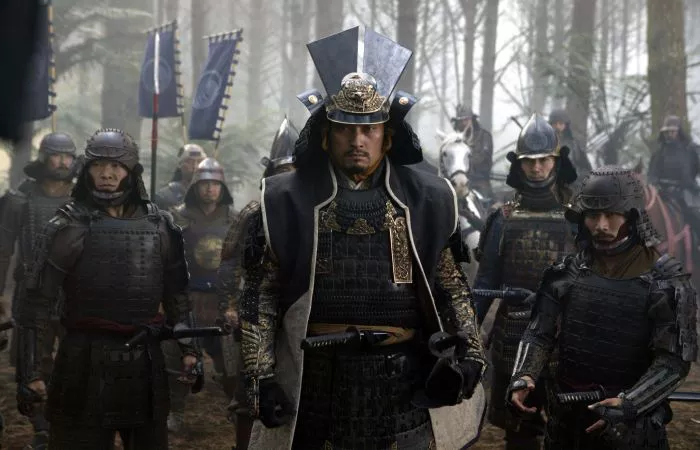The decline and eventual banning of the samurai in Japan was a complex historical process rooted in the country’s transition from feudalism to modernization during the Meiji Restoration period (1868-1912). The shift away from traditional warrior culture reflected broader social, political, and economic transformations that reshaped Japan’s identity and governance. Understanding why Japan banned the samurai requires exploring the historical context, key events, and underlying motivations of this transformative era.
Historical Context: Meiji Restoration and Feudal Decline
End of Feudalism: The Meiji Restoration marked the end of Japan’s feudal era, characterized by the dissolution of the Tokugawa shogunate and the restoration of imperial authority under Emperor Meiji. The restoration aimed to centralize power, promote modernization, and adapt to Western influences.
Modernization Agenda: The Meiji government sought to modernize Japan’s military, economy, and governance systems to compete with Western powers. This included the dismantling of feudal structures, including the samurai class, to facilitate rapid modernization.
Factors Contributing to the Ban on Samurai
Decline of Feudal System:
The samurai were closely associated with the feudal system, serving as military retainers to daimyo (feudal lords) in exchange for land and privileges. With the abolition of feudal domains and the centralization of power, the traditional role of samurai became obsolete.
Western Military Influence:
The Meiji government prioritized the development of a Western-style military equipped with modern weaponry and tactics. This shift rendered the samurai’s traditional martial skills and tactics less relevant in the face of rapid technological advancements.
Social Unrest and Rebellion:
Some samurai resisted the reforms and centralization efforts of the Meiji government, leading to periods of social unrest and armed uprisings. The Satsuma Rebellion (1877), led by samurai against the imperial government, highlighted tensions between tradition and modernization.
Economic Reforms:
The Meiji government implemented economic reforms, including the monetization of samurai stipends (hansei) and the integration of samurai into new administrative roles. This eroded the economic basis of samurai privilege and influence.
Abolition of Samurai Status and Privileges
1871 Abolition Edict:
In 1871, the Meiji government issued the Haihan-chiken (Abolition of Han System), which dismantled the feudal domain system and stripped samurai of their hereditary stipends and privileges. This marked a definitive end to the feudal order and the samurai’s special status.
Professional Transition:
Many former samurai transitioned into new professions, such as government officials, educators, businessmen, and military officers. Some samurai embraced Western education and ideologies, contributing to Japan’s modernization efforts.
Legacy and Cultural Impact
Cultural Reinterpretation:
Despite the ban on samurai, their legacy endured in Japanese culture through literature, art, and martial traditions. The romanticized image of the samurai as noble warriors became a symbol of Japan’s feudal past and warrior ethos.
Modern Resurgence:
In the 20th century, the samurai experienced a resurgence of interest through popular culture, including films, literature, and martial arts. The samurai’s legacy continues to resonate as a symbol of honor, discipline, and historical heritage.
Conclusion
In conclusion, Japan banned the samurai as part of the broader social, political, and economic reforms initiated during the Meiji Restoration. The decline of feudalism, modernization agenda, and societal transformations rendered the traditional role of samurai obsolete. Despite the abolition of samurai privileges, their legacy endures as a testament to Japan’s rich cultural heritage and the enduring fascination with warrior ethos and honor. The banning of the samurai symbolizes Japan’s transition from a feudal society to a modern nation-state, reshaping the country’s identity and trajectory in the modern era.
Related Topics:
Why did Algren join the samurai?

